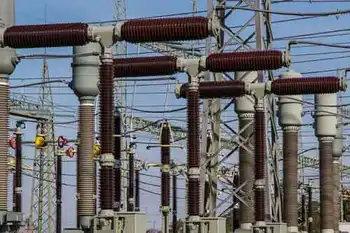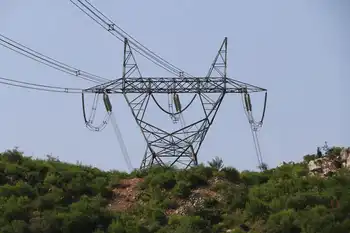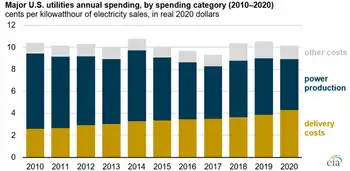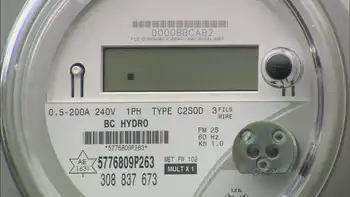ISO New England Can't Recall Reserve Pwr Sales To NY-FERC
- NEW YORK --Beginning next month, New England's power grid operator will no longer be able to recall sales of reserve power to New York to stave off rolling blackouts in New England during periods of severe electricity shortages.
The Federal Energy Regulatory Commission said earlier this week that New England generators can sell reserve capacity into New York on a non-recallable basis starting Dec. 1.
Utilities and other companies in New England that deliver power to consumers must purchase reserve, or installed, capacity in addition to buying actual electricity from generators. Installed capacity, which is a fee load-serving entities pay generators for having their plants on line, is designed to encourage the development of new supplies.
Generators in New England have been able to sell installed capacity to utilities in New York but, until now, grid operator ISO New England has had the authority to recall these transactions so New England could use the power to prevent rolling blackouts.
FERC said its decision will improve reliability in New York and New England and help eliminate some of the obstacles in shipping power between the two regions.
New York has a similar installed capacity requirement to New England and its grid operator isn't able to recall resources sold to New England.
Boston-based utility NStar (NST) expressed concern that generators could withhold their supplies from the installed capacity markets in New York and New England in the hopes of making more money in the real-time market during periods of tight power supplies.
But the price cap in all New England energy markets is $1,000 per megawatt-hour, so generators don't have an incentive to favor one market over another, FERC said.
Related News

Canada's looming power problem is massive but not insurmountable: report
OTTAWA - Canada must build more electricity generation in the next 25 years than it has over the last century in order to support a net-zero emissions economy by 2050, says a new report from the Public Policy Forum.
Reducing our reliance on fossil fuels and shifting to emissions-free electricity to propel our cars, heat our homes and run our factories will require doubling — possibly tripling — the amount of power we make now, the federal government estimates.
"Imagine every dam, turbine, nuclear plant and solar panel across Canada and then picture a couple more next to them," said the report,…




